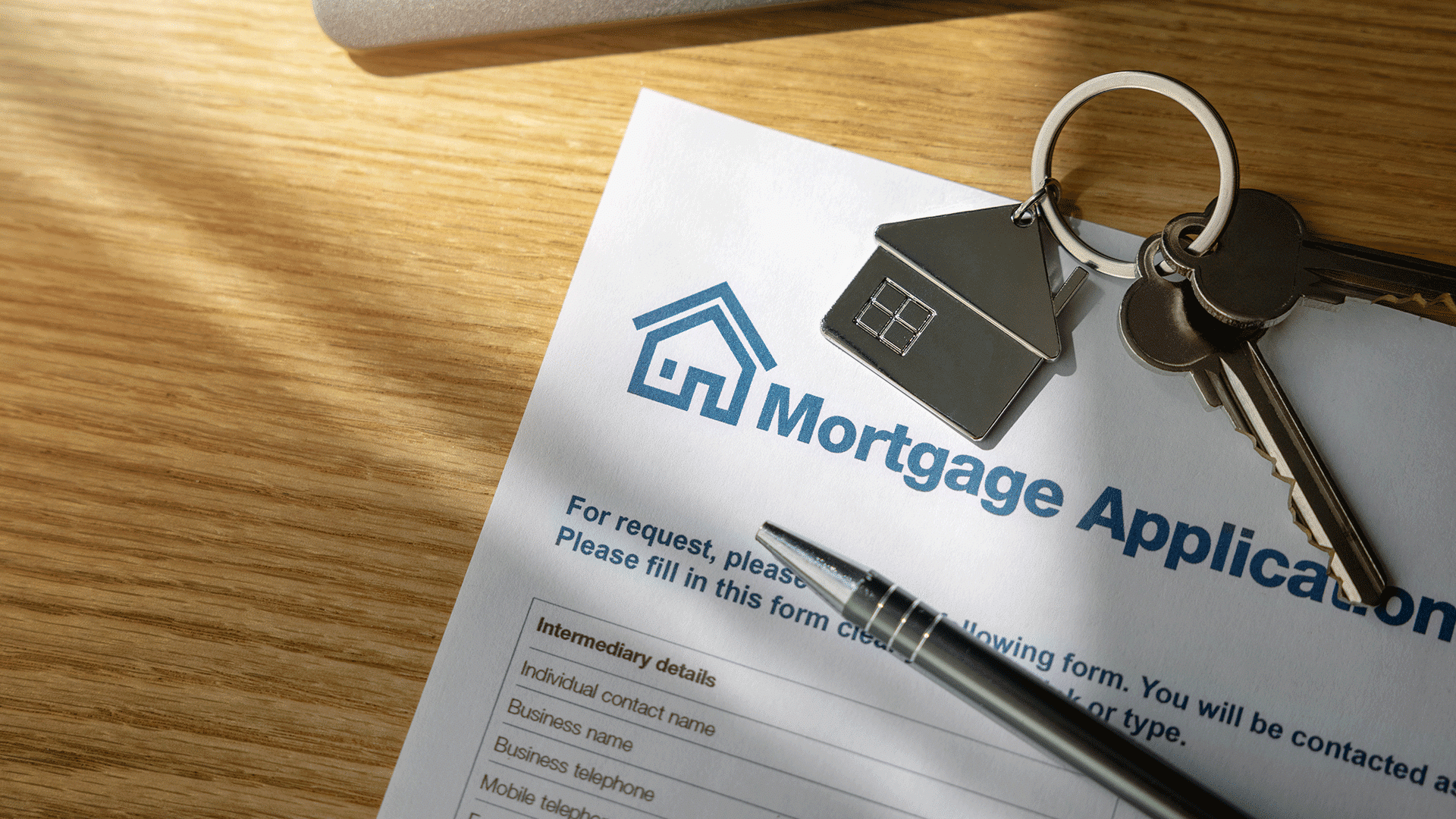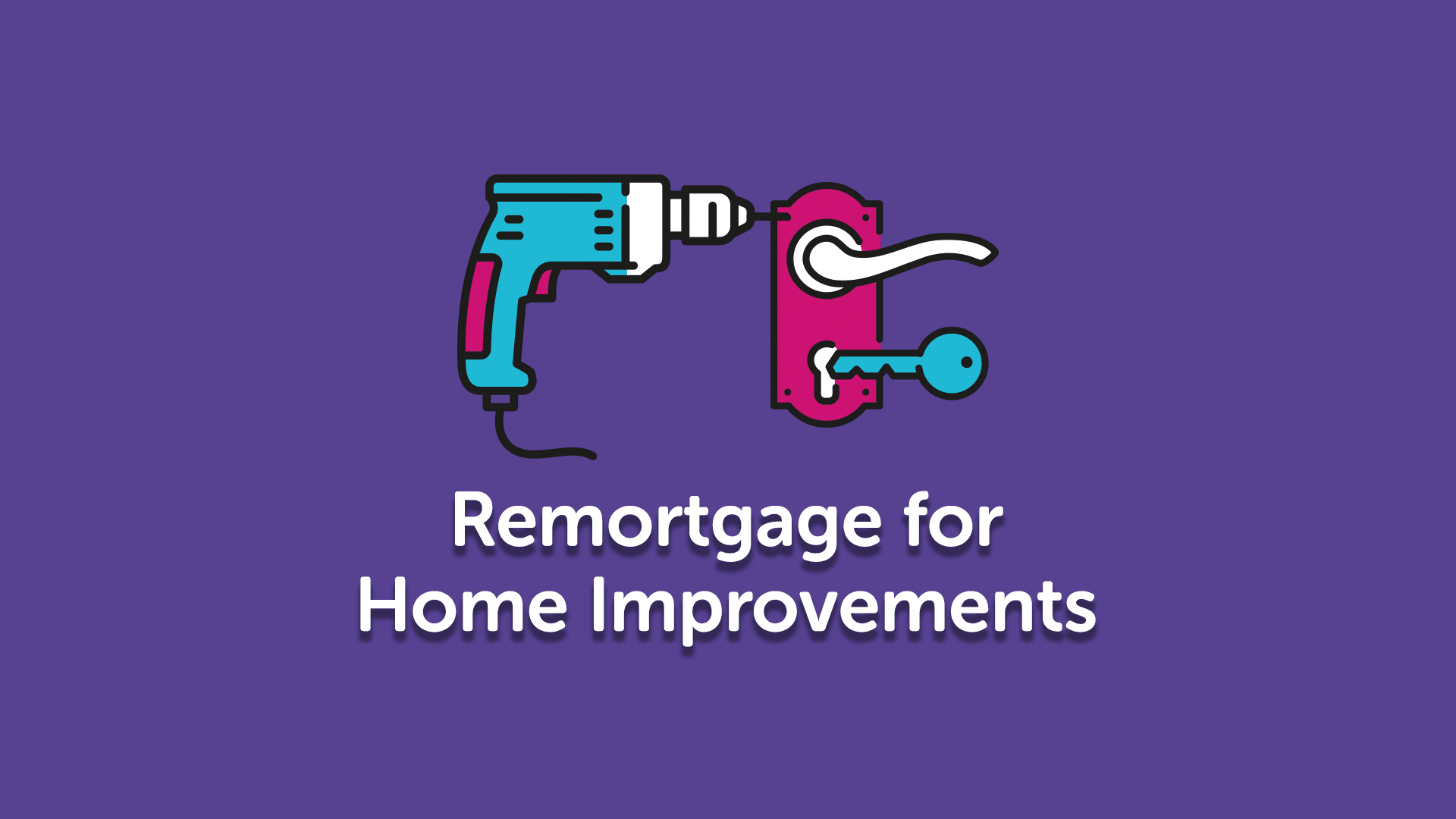Homeowners have several options when it comes to mortgages, especially as they near the end of their term. One popular choice is to remortgage in Cambridge, which means taking out a new mortgage to replace the old one, often with a better rate.
That being said, not everyone chooses to remortgage for a better deal. Some may want to release equity for home improvements, while others may explore options like product transfers with their current mortgage lender.
Another common option is a debt consolidation remortgage in Cambridge. This involves combining unsecured debts (such as credit cards and loans) into one manageable monthly mortgage payment, reducing overall expenses.
It’s important to note that consolidating unsecured debt and securing it against your home requires expert help. It’s recommended to seek professional mortgage advice in Cambridge before proceeding.
How can I pay my debts by remortgaging?
If a remortgage in Cambridge to consolidate debt is determined to be the best option for you by your mortgage advisor in Cambridge and you meet the necessary criteria, you will need to have the right amount of equity in your home.
Equity is the difference between the value of your property and your current mortgage balance.
The reason you need equity is that, like a remortgage in Cambridge to release equity, you will use a lump sum to pay off your unsecured loan debts. These costs will then be added to your mortgage balance, increasing the amount you owe over a longer term.
This means you will be paying interest over a longer period than before, resulting in a higher overall repayment amount.
Can you remortgage in Cambridge early?
Whether or not you can remortgage in Cambridge early depends on how far along you are in your term. In general, people do remortgage early, typically starting the process 6 months in advance so that their new deal begins as their old one ends.
Remortgaging earlier than this can be expensive. Remortgaging earlier than 6 months may result in an early repayment charge, which can be costly. For example, if you are only 2 years into a 5-year fixed-rate mortgage, it is likely that you will have to pay one of these charges.
In some situations, it may be viable to pay the charge. Do keep in mind that you would be spending a lot of money to lose out on your current mortgage deal (which may be cheaper overall) and the money spent on the early repayment charge could have been used to pay off your debts.
It is always recommended to speak with a mortgage advisor in Cambridge to determine if this is the best course of action for you before proceeding. There may be better options available, such as a further advance.
Are you able to take out a further advance?
A further advance is a type of additional borrowing where you borrow more money from your current mortgage lender, usually at a different interest rate than your primary mortgage.
Like a debt consolidation remortgage in Cambridge, this spreads your costs over your term but with lower interest rates than a personal loan.
While a further advance is often a good alternative to a remortgage in Cambridge for home improvements, it may not be the best option for debt consolidation.
Keep in mind that this extra debt is secured against your home. If you are unable to keep up with payments, you risk falling into arrears and facing repossession.
Risks aside, this option allows you to pay off your debts even if you are not yet able to remortgage, such as if you are still in your fixed or introductory period.
Speaking with a mortgage broker in Cambridge can help you accurately evaluate all available options.
The Pros & Cons to Remortgaging to Pay Off Debt
Like any mortgage option, there are both benefits and risks to consider. The biggest advantage of remortgaging to consolidate debts is that it lowers your overall monthly expenses into one manageable mortgage payment.
Your mortgage payments will increase because you are borrowing more, but your monthly payments to the credit providers you have consolidated will stop.
On the other hand, you are increasing your mortgage amount and will be paying back more over a longer term. That being said, this can free up more income for other expenses or to overpay on your mortgage if appropriate.
Keep in mind that consolidating your debt will result in paying more overall. Although the mortgage interest rate may be lower than a personal loan, you will be paying the lower rate for many more years, making it more expensive in the long run.
It also puts your home at significant risk since all of your unsecured loans will now be secured against it. If you fall into arrears after missing any payments, you could face the risk of repossession.
This is why remortgages in Cambridge to consolidate debt should be carefully considered beforehand. Is it worth risking losing a family home to consolidate debts?
Should I remortgage in Cambridge to pay debt?
The question is whether or not you should do it. This depends entirely on your situation. While it is certainly risky and should only be considered in extreme circumstances, it can still be beneficial and help improve your financial state.
Once again, this is something that should only be done after you have spoken to a qualified mortgage expert. Our trusted mortgage advisors in Cambridge are always happy to discuss your different mortgage options during your free mortgage appointment.
If there is an alternative, we will always recommend that first.
You should think carefully before securing other debts against your home. By adding your unsecured debts to your mortgage, which is secured on your home, you are potentially putting your home at risk if you cannot make the required repayments.
Although the total monthly cost of servicing your debt may have reduced, the total cost of repayment may still have risen as the term of your mortgage is longer than it may have taken to repay the debts originally.
Date Last Edited: December 11, 2024














